Home>Home Appliances>Laundry Appliances>What To Look For In A Washing Machine
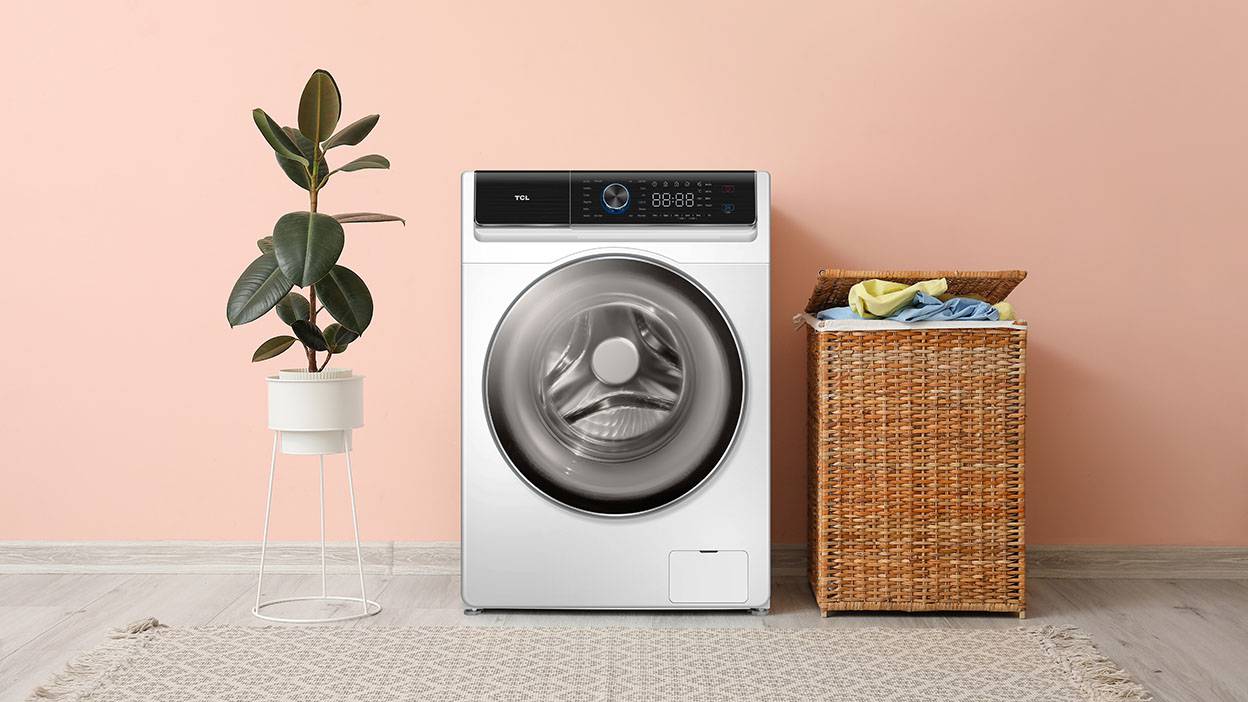

Laundry Appliances
What To Look For In A Washing Machine
Published: February 21, 2024
Discover the key features to consider when shopping for laundry appliances. Find the perfect washing machine for your home today.
(Many of the links in this article redirect to a specific reviewed product. Your purchase of these products through affiliate links helps to generate commission for Storables.com, at no extra cost. Learn more)
Key Features to Consider
When it comes to purchasing a washing machine, several key features should be carefully considered to ensure that you make an informed decision. The right washing machine can make a significant difference in your laundry routine, providing efficiency, convenience, and optimal results. Here are the essential features to keep in mind when selecting a washing machine:
Read more: What To Look For In A Washer And Dryer
1. Drum Material and Design
The material and design of the washing machine's drum play a crucial role in the overall washing performance. Stainless steel drums are highly durable and resistant to rust and corrosion, ensuring longevity and reliability. Additionally, a drum with a textured surface can be gentler on fabrics, reducing wear and tear during the wash cycle.
2. Spin Speed
The spin speed of a washing machine impacts the efficiency of water extraction during the spin cycle. Higher spin speeds can significantly reduce the moisture content in your laundry, resulting in shorter drying times and potential energy savings. Look for a washing machine with adjustable spin speeds to accommodate different fabric types and laundry loads.
3. Automatic Dispensers
Modern washing machines are equipped with automatic detergent, bleach, and fabric softener dispensers, streamlining the laundry process and ensuring precise detergent measurements. This feature not only enhances convenience but also contributes to efficient detergent usage, promoting cost-effectiveness and environmental sustainability.
4. Smart Technology Integration
Many contemporary washing machines boast smart technology features, such as Wi-Fi connectivity and mobile app compatibility. These innovations allow users to monitor and control their washing machines remotely, receive cycle notifications, and access maintenance alerts, adding a new level of convenience and flexibility to the laundry experience.
Read more: What Washer Setting For Blankets
5. Specialty Cycles
Consider a washing machine that offers a variety of specialty cycles tailored to specific fabric care needs, such as delicate, wool, or allergen cycles. These specialized options can help preserve the quality of different garments and address specific laundry challenges, ensuring thorough cleaning while maintaining fabric integrity.
6. Vibration Reduction Technology
To minimize operational noise and vibration, look for washing machines equipped with advanced vibration reduction technology. This feature not only contributes to a quieter laundry environment but also helps prevent excessive movement, enhancing the overall stability of the appliance.
7. Child Lock Feature
For households with young children, a washing machine with a child lock feature provides added safety and peace of mind. This feature prevents accidental program changes or door openings during the wash cycle, promoting a secure and worry-free laundry environment.
When evaluating washing machines, considering these key features will empower you to make a well-informed decision that aligns with your specific needs and preferences. By prioritizing these essential aspects, you can select a washing machine that not only meets your laundry requirements but also enhances your overall laundry experience.
Key Takeaways:
- Choose a washing machine with stainless steel drum, adjustable spin speed, and smart technology for efficient and convenient laundry experience.
- Look for ENERGY STAR-rated washing machines to save on utility bills, reduce environmental impact, and potentially qualify for rebates.
Energy Efficiency Ratings
Energy efficiency is a pivotal factor to consider when investing in a washing machine. Opting for an energy-efficient model not only contributes to environmental sustainability but also leads to long-term cost savings. When assessing the energy efficiency of a washing machine, it's essential to look for the ENERGY STAR label, a symbol of high efficiency and performance endorsed by the U.S. Environmental Protection Agency and the Department of Energy.
ENERGY STAR-certified washing machines are designed to consume less energy and water while delivering superior cleaning results. These appliances are engineered with advanced technologies, such as sensor-driven water levels and precise temperature control, to optimize resource utilization throughout the wash cycles. By minimizing energy and water consumption, ENERGY STAR-rated washing machines help reduce utility bills and minimize the environmental impact associated with laundry activities.
Moreover, energy-efficient washing machines often feature innovative wash cycle designs that maximize cleaning efficacy while minimizing resource usage. For instance, many models offer quick wash options that efficiently clean smaller loads in a shorter time, conserving both energy and water. Additionally, advanced spin technology in these machines facilitates enhanced water extraction during the spin cycle, reducing drying time and energy consumption.
In addition to the direct benefits of energy efficiency, opting for an ENERGY STAR-rated washing machine may also make you eligible for rebates and incentives offered by utility companies and government agencies. These incentives serve as a further incentive to choose an environmentally conscious appliance, providing financial rewards for embracing sustainable practices.
When comparing washing machines, it's advisable to review the annual energy consumption and water usage estimates provided on the ENERGY STAR label. These estimates offer valuable insights into the long-term operational costs and environmental impact of each appliance, enabling informed decision-making based on both financial and ecological considerations.
In summary, prioritizing energy efficiency ratings when selecting a washing machine can lead to significant advantages, including reduced utility expenses, minimized environmental footprint, and potential incentives. By choosing an ENERGY STAR-certified washing machine, consumers can embrace sustainable living while enjoying the practical benefits of resource-efficient laundry appliances.
Read more: What Is Washing Machine Cleaner
Capacity and Size
The capacity and size of a washing machine are pivotal considerations that directly impact its functionality and suitability for diverse laundry needs. Understanding the significance of these factors is essential for making an informed purchasing decision.
Capacity
The capacity of a washing machine refers to the amount of laundry it can effectively accommodate in a single cycle. This aspect is typically measured in cubic feet or pounds, indicating the maximum load size the machine can handle. When evaluating capacity, it's crucial to align the appliance's capabilities with your household's laundry requirements. For smaller households or individuals, a compact washing machine with a lower capacity may suffice, offering space-saving benefits and efficient operation for lighter laundry loads. Conversely, larger households or families may benefit from a washing machine with a higher capacity, enabling the simultaneous cleaning of bulkier items, such as bedding and towels, or accommodating larger quantities of clothing in a single cycle.
Size
The physical dimensions of a washing machine play a significant role in determining its suitability for the intended installation space. When assessing size, it's important to consider both the appliance's exterior dimensions and the available space in the designated laundry area. Compact or stackable washing machines are ideal for tight or confined spaces, offering versatile installation options without compromising performance. On the other hand, standard or large-capacity washing machines are suitable for spacious laundry rooms, providing ample interior space for accommodating sizable loads while delivering robust cleaning capabilities.
Finding the Right Balance
Balancing capacity and size considerations is essential to ensure that the selected washing machine aligns with your lifestyle and laundry habits. It's important to assess the frequency and volume of your laundry loads, as well as the available space for appliance installation, to determine the optimal capacity and size requirements. By striking the right balance, you can maximize the efficiency and convenience of your laundry routine while optimizing the use of available space.
In summary, evaluating the capacity and size of a washing machine is a fundamental aspect of the selection process, enabling consumers to tailor their choice to specific household needs and spatial constraints. By carefully considering these factors, individuals can identify a washing machine that harmonizes with their lifestyle, promotes efficient laundry management, and seamlessly integrates into their living environment.
Read more: What Is Powerwash On A Maytag Washer
Wash Cycles and Options
The diversity of wash cycles and options offered by a washing machine significantly influences its versatility and adaptability to various laundry requirements. Modern washing machines are equipped with an array of specialized cycles and customizable settings designed to address specific fabric care needs and cleaning challenges. Understanding the significance of these wash cycles and options is essential for optimizing the washing machine's performance and ensuring the thorough cleaning of different garment types.
Standard Wash Cycles
Standard wash cycles, such as normal, heavy-duty, and permanent press, form the foundation of a washing machine's cleaning capabilities. These cycles are tailored to accommodate everyday laundry needs, providing effective cleaning for a wide range of fabrics and soil levels. The normal cycle, for instance, is suitable for regular clothing items, while the heavy-duty cycle is designed to tackle heavily soiled garments and bulky items with robust cleaning action. The permanent press cycle, on the other hand, is ideal for wrinkle-resistant fabrics, delivering gentle yet thorough cleaning to preserve garment integrity.
Specialty Cycles
In addition to standard wash cycles, many modern washing machines offer specialty cycles tailored to specific fabric types and care requirements. These specialized options, such as delicate, wool, and allergen cycles, cater to the unique needs of delicate fabrics, wool garments, and allergy-sensitive individuals. The delicate cycle employs gentle agitation and lower spin speeds to safeguard fragile items, while the wool cycle utilizes precise temperature control and minimal agitation to prevent damage to woolen fabrics. Furthermore, allergen cycles incorporate advanced rinsing and extraction techniques to minimize allergens, making them ideal for individuals with sensitive skin or respiratory conditions.
Customizable Options
Customizable wash options, including temperature settings, soil levels, and spin speeds, empower users to personalize their laundry experience and optimize cleaning outcomes based on specific preferences. By adjusting these variables, individuals can accommodate diverse fabric types, soil intensities, and garment care instructions, ensuring tailored cleaning performance for each load. For instance, selecting a cold water temperature setting can preserve the color vibrancy of delicate garments, while adjusting the soil level setting can address varying degrees of soil accumulation in different loads.
Read more: What Causes Washer Not To Spin
Advanced Features
Many high-end washing machines are equipped with advanced features, such as steam cleaning, pre-soak, and extra rinse options, to enhance cleaning efficacy and address stubborn stains and odors. Steam cleaning capabilities harness the power of steam to penetrate fabrics and loosen tough stains, while pre-soak options allow for prolonged soaking periods to effectively treat heavily soiled items before the wash cycle. Additionally, extra rinse options facilitate thorough rinsing to remove detergent residues and allergens, catering to individuals with sensitive skin or detergent sensitivities.
In essence, the diverse range of wash cycles and options available in modern washing machines empowers users to achieve comprehensive cleaning results while preserving fabric quality and integrity. By leveraging these specialized cycles and customizable settings, individuals can customize their laundry experience, address specific cleaning challenges, and ensure the optimal care of their garments, contributing to a seamless and effective laundry routine.
Noise Level
The noise level of a washing machine is a critical consideration that significantly impacts the overall laundry experience. When evaluating washing machines, assessing the operational noise emitted during the wash cycle and spin cycle is essential for creating a peaceful and comfortable home environment.
Modern consumers prioritize appliances that contribute to a tranquil living space, and washing machines are no exception. Excessive operational noise can disrupt daily activities, cause discomfort, and interfere with household routines. Therefore, selecting a washing machine with low noise emissions is paramount for promoting a serene and harmonious home environment.
Advanced washing machines are engineered with noise reduction technologies that minimize operational sound levels, ensuring quiet and unobtrusive performance. These technologies encompass various design elements and engineering innovations aimed at dampening vibrations, reducing motor noise, and optimizing sound insulation. By integrating these noise reduction features, manufacturers strive to deliver washing machines that operate with minimal disturbance, allowing individuals to pursue their daily activities without the intrusion of disruptive appliance noise.
Moreover, the noise level of a washing machine directly influences its suitability for installation in different areas of the home. For instance, in open-plan living spaces or apartments with close quarters, a washing machine with low operational noise is particularly desirable to maintain a peaceful ambiance and prevent disturbances to household members or neighbors. Additionally, in households with infants or individuals working from home, a quiet washing machine can contribute to a conducive environment for rest, relaxation, and focused work.
When comparing washing machines based on noise level, it's advisable to review the decibel (dB) ratings provided by manufacturers. Lower dB ratings indicate quieter operation, with some modern washing machines achieving noise levels comparable to normal conversation or ambient background noise. By prioritizing washing machines with low dB ratings, consumers can select appliances that align with their preference for a tranquil living environment while ensuring efficient and effective laundry performance.
In essence, the noise level of a washing machine is a pivotal factor that influences both the practical functionality and the overall ambiance of the home. By choosing a washing machine with minimal operational noise, individuals can create a serene living space, free from disruptive appliance sounds, and enhance their daily comfort and well-being.
Water Usage
Water usage is a critical aspect to consider when evaluating washing machines, as it directly impacts both environmental sustainability and operational costs. Understanding the water consumption of a washing machine is essential for making an informed decision that aligns with conservation efforts and financial considerations.
Modern washing machines are designed with a focus on optimizing water usage to minimize waste while ensuring thorough cleaning performance. High-efficiency models integrate advanced technologies, such as sensor-driven water levels and adaptive wash algorithms, to precisely regulate water usage based on load size and fabric type. By dynamically adjusting water levels to match the specific requirements of each laundry load, these appliances promote efficient resource utilization without compromising cleaning efficacy.
Furthermore, the introduction of innovative wash cycle designs, such as quick wash and eco-friendly options, contributes to reduced water consumption. Quick wash cycles are engineered to deliver rapid yet effective cleaning for smaller loads, conserving water and energy by completing the wash process in a shorter duration. Eco-friendly wash cycles prioritize minimal water usage while maintaining optimal cleaning results, catering to environmentally conscious consumers seeking sustainable laundry solutions.
When comparing washing machines based on water usage, it's advisable to review the Water Factor (WF) ratings provided by manufacturers. The WF rating quantifies the gallons of water consumed per cycle per cubic foot of capacity, offering valuable insights into the appliance's efficiency in utilizing water resources. Lower WF ratings indicate superior water efficiency, signifying that the washing machine consumes minimal water to accomplish thorough cleaning, thereby contributing to cost savings and environmental preservation.
Moreover, opting for a water-efficient washing machine not only reduces water consumption but also aligns with conservation initiatives and sustainable living practices. By selecting a model with low water usage, consumers can actively contribute to water conservation efforts while enjoying the practical benefits of minimized utility expenses and reduced environmental impact.
In summary, evaluating the water usage of a washing machine is crucial for promoting resource efficiency, cost-effectiveness, and environmental responsibility. By prioritizing water-efficient models, individuals can embrace sustainable living practices, minimize their ecological footprint, and make a positive impact on water conservation efforts.
Durability and Reliability
Durability and reliability are paramount considerations when selecting a washing machine, as these attributes directly impact the appliance's longevity, performance consistency, and overall value. A durable and reliable washing machine not only withstands the rigors of regular use but also delivers consistent cleaning results, instilling confidence in its operational capabilities.
Modern consumers seek washing machines that offer long-term durability, minimizing the need for frequent repairs and replacements. To assess the durability of a washing machine, it's essential to consider the quality of its construction, materials, and components. Stainless steel drums, for instance, are renowned for their exceptional durability, as they resist corrosion, rust, and damage, ensuring prolonged service life and reliable performance. Additionally, robust exterior casings and reinforced internal mechanisms contribute to the overall sturdiness and resilience of the appliance, safeguarding it against wear and tear over time.
Reliability is equally crucial, as it encompasses the washing machine's ability to consistently deliver effective cleaning results without operational disruptions. A reliable washing machine operates seamlessly across various wash cycles, maintaining consistent performance standards and meeting user expectations with each use. Advanced motor technologies, precision engineering, and quality control measures are instrumental in ensuring the reliability of washing machines, enabling them to uphold optimal functionality and cleaning efficacy throughout their operational lifespan.
Moreover, the reputation of the manufacturer and the warranty coverage provided for the washing machine are indicative of its durability and reliability. Established brands with a track record of producing high-quality appliances often prioritize durability in their product designs, leveraging extensive research, testing, and innovation to create resilient and dependable washing machines. Comprehensive warranty coverage further reinforces the appliance's reliability, offering assurance and protection against unforeseen malfunctions or defects, thereby enhancing consumer confidence in the product's long-term performance.
By prioritizing durability and reliability when selecting a washing machine, consumers can make a prudent investment that aligns with their expectations for enduring quality and consistent functionality. A durable and reliable washing machine not only fulfills immediate laundry needs but also offers peace of mind, long-term cost savings, and sustained satisfaction, making it an indispensable asset in the household.
In essence, the durability and reliability of a washing machine are foundational attributes that underpin its value, performance, and user satisfaction. By emphasizing these qualities, individuals can secure a resilient and trustworthy appliance that enhances their daily laundry experience and withstands the test of time.
Read more: What Is A GPM Pressure Washer
Price and Budget Considerations
Price and budget considerations play a pivotal role in the decision-making process when purchasing a washing machine. Understanding the relationship between price, features, and long-term value is essential for aligning the investment with individual financial constraints and expectations.
When evaluating the price of a washing machine, it's important to consider the initial purchase cost in relation to the appliance's features, performance capabilities, and energy efficiency. While higher-end models may command a premium price, they often offer advanced technologies, enhanced durability, and superior energy efficiency, contributing to long-term cost savings and overall value. Conversely, budget-friendly washing machines can provide essential cleaning functionalities at a more accessible price point, catering to individuals seeking practical and economical laundry solutions.
In addition to the upfront purchase cost, assessing the operational expenses associated with the washing machine is crucial for comprehensive budget considerations. Energy-efficient models, indicated by the ENERGY STAR label, may command a higher initial price but can deliver substantial long-term savings through reduced utility bills and environmental impact. By factoring in the estimated annual energy consumption and water usage, consumers can make informed decisions that align with their budgetary constraints while promoting sustainable living practices.
Furthermore, warranty coverage and post-purchase support should be taken into account when evaluating the overall value of a washing machine in relation to its price. Comprehensive warranty packages, including extended coverage for parts and labor, provide added assurance and protection against unforeseen maintenance expenses, enhancing the long-term value proposition of the appliance. Additionally, reputable manufacturers often offer reliable customer support and service networks, contributing to the overall satisfaction and peace of mind associated with the investment.
By conducting thorough price and budget considerations, individuals can identify a washing machine that not only meets their laundry needs but also aligns with their financial parameters and long-term value expectations. Whether prioritizing advanced features and energy efficiency or seeking economical yet reliable options, a well-informed approach to price and budget considerations enables consumers to make a confident and prudent investment in a washing machine that harmonizes with their lifestyle and financial goals.
Frequently Asked Questions about What To Look For In A Washing Machine
Was this page helpful?
At Storables.com, we guarantee accurate and reliable information. Our content, validated by Expert Board Contributors, is crafted following stringent Editorial Policies. We're committed to providing you with well-researched, expert-backed insights for all your informational needs.
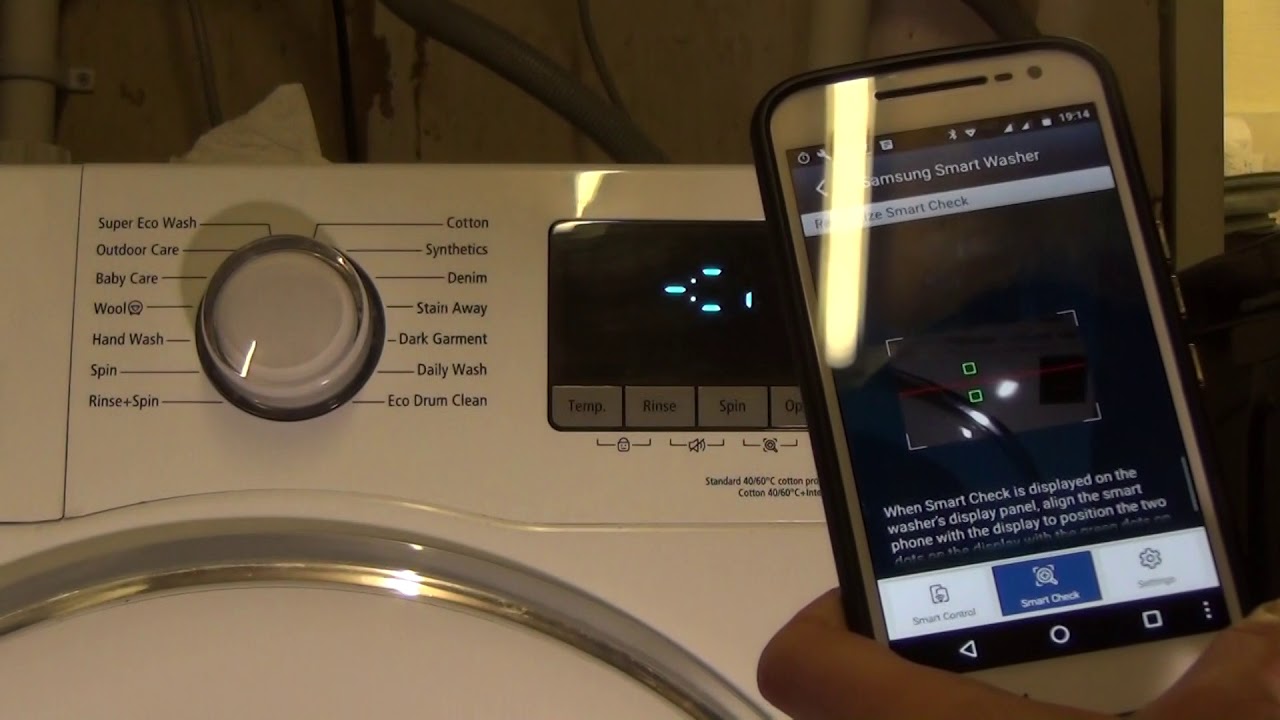
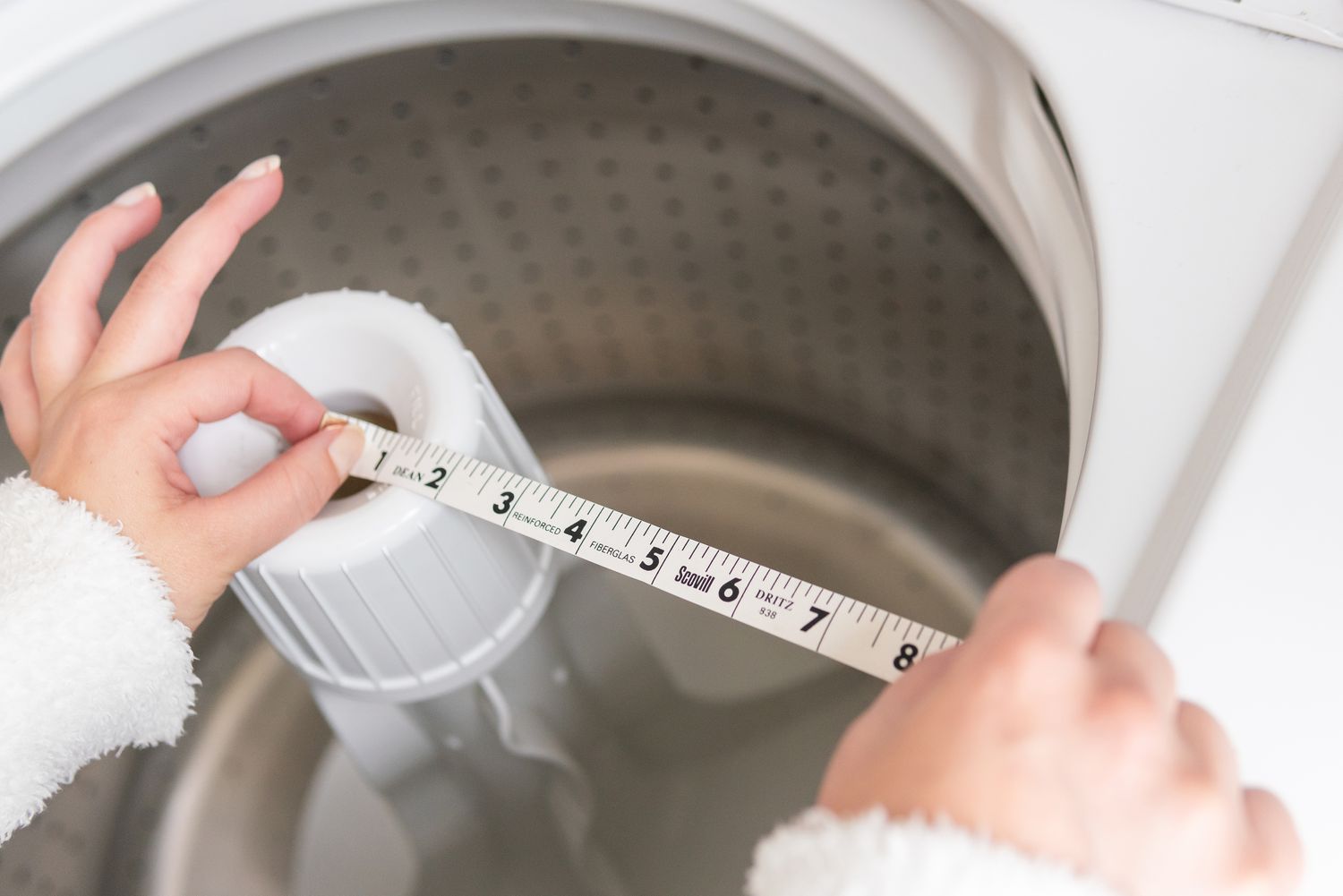
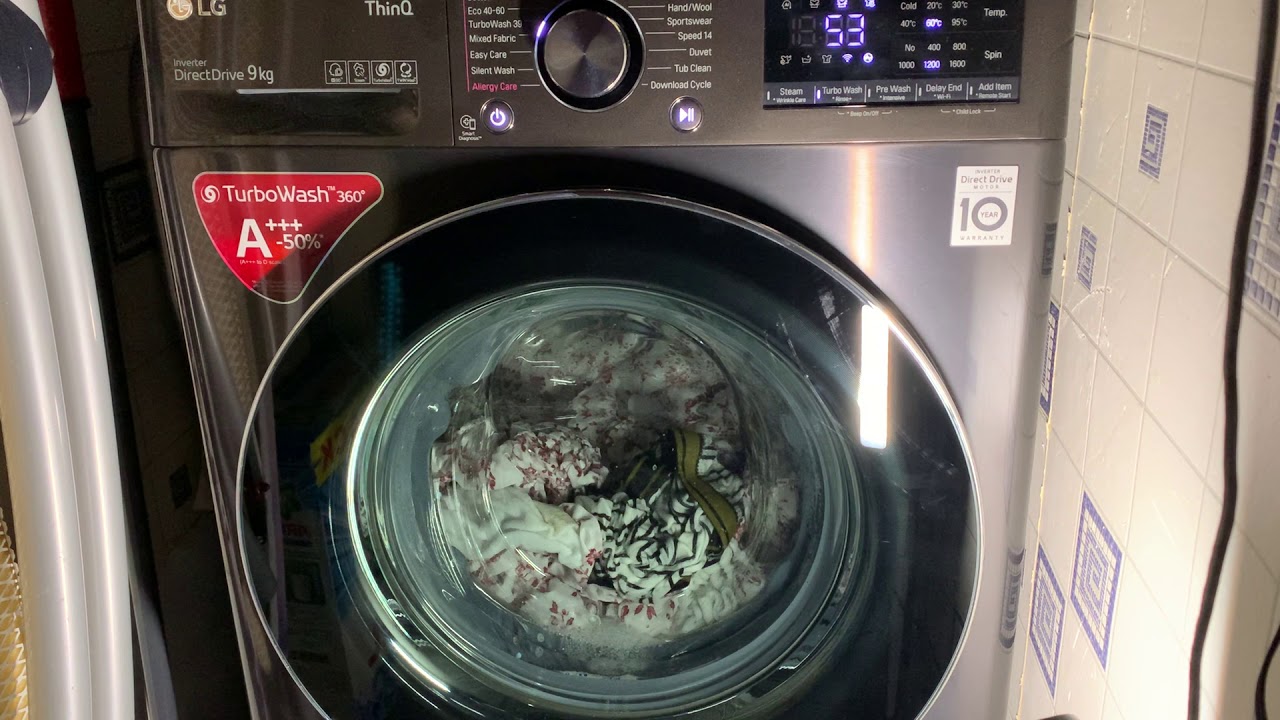
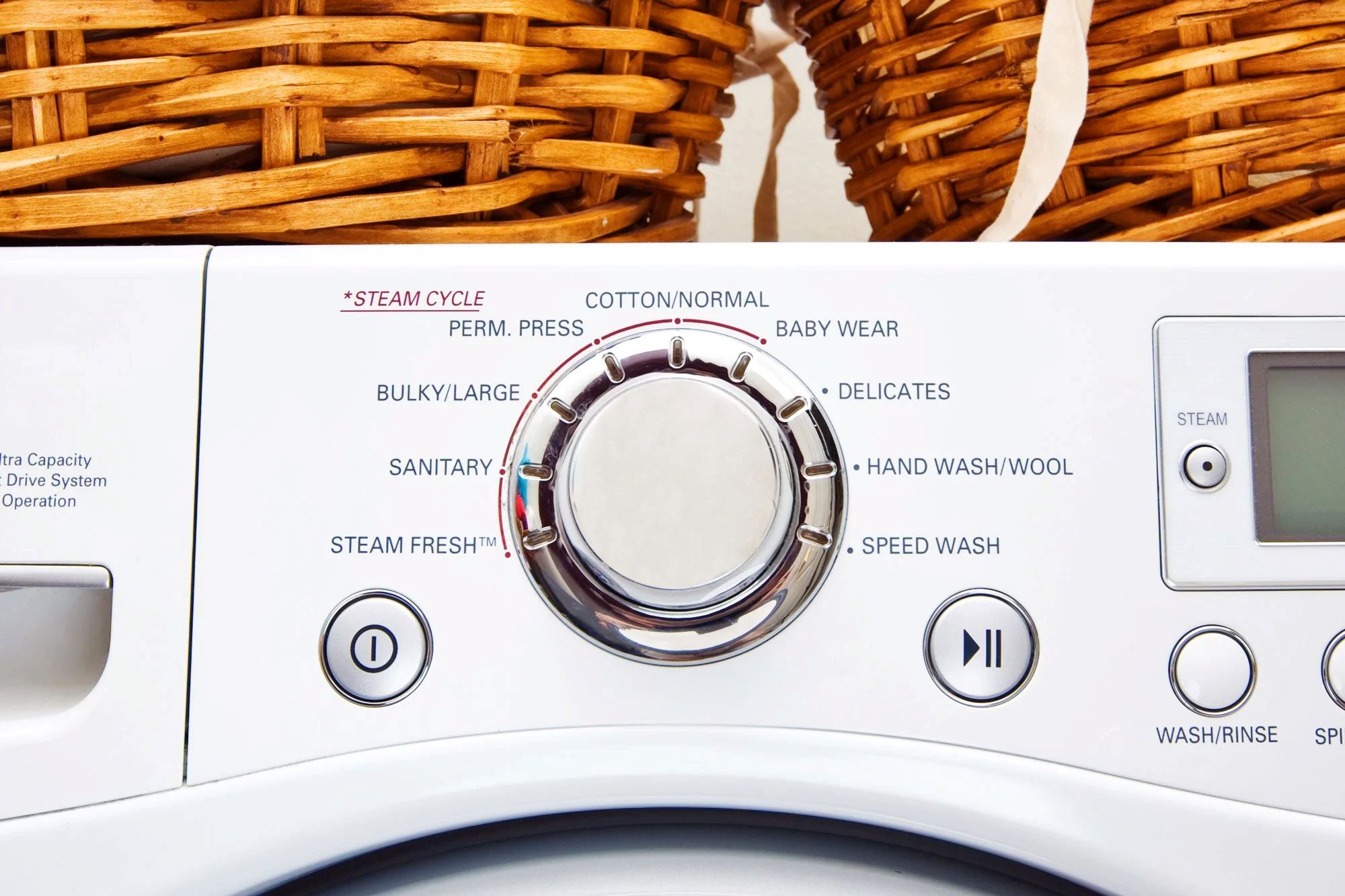
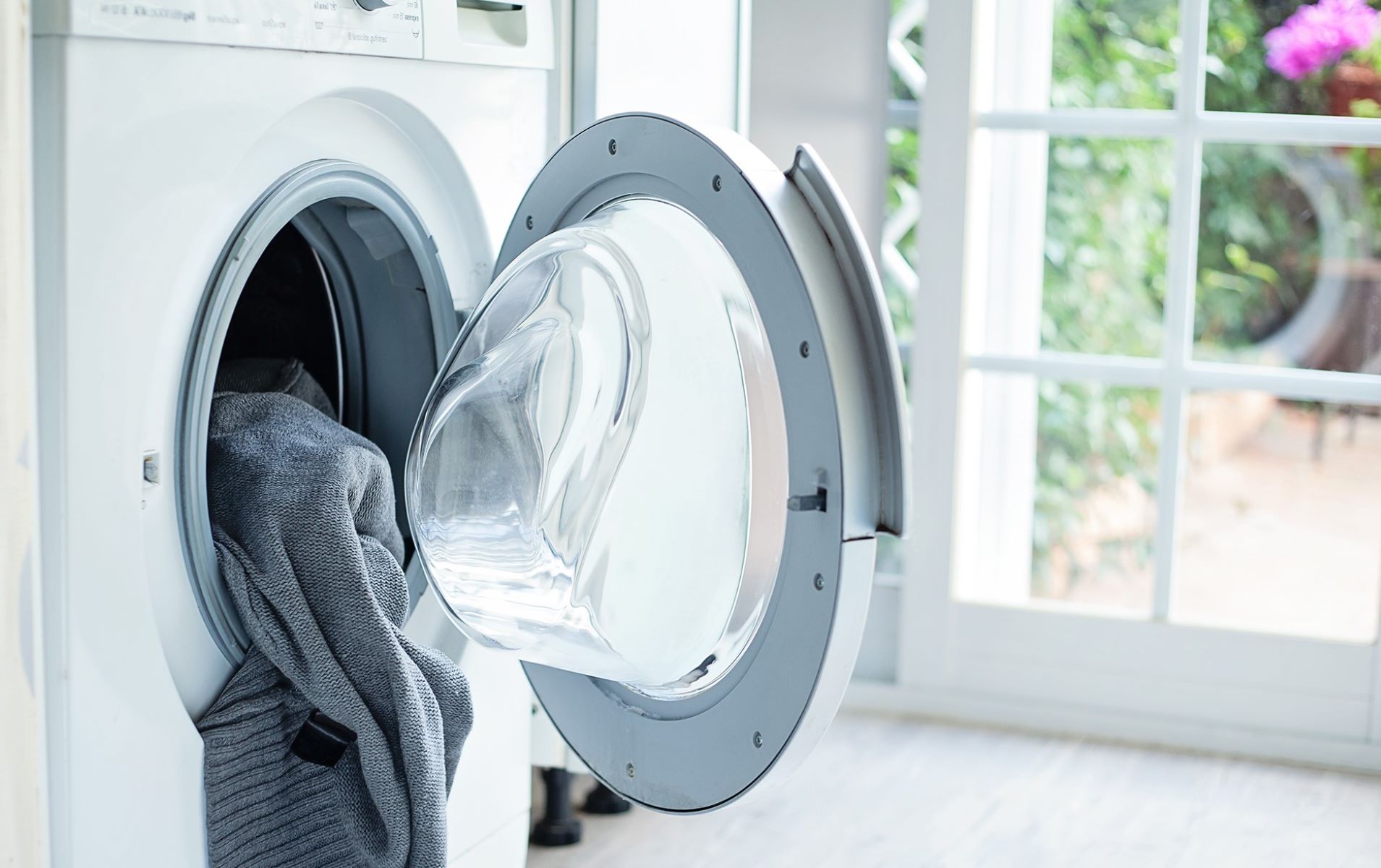
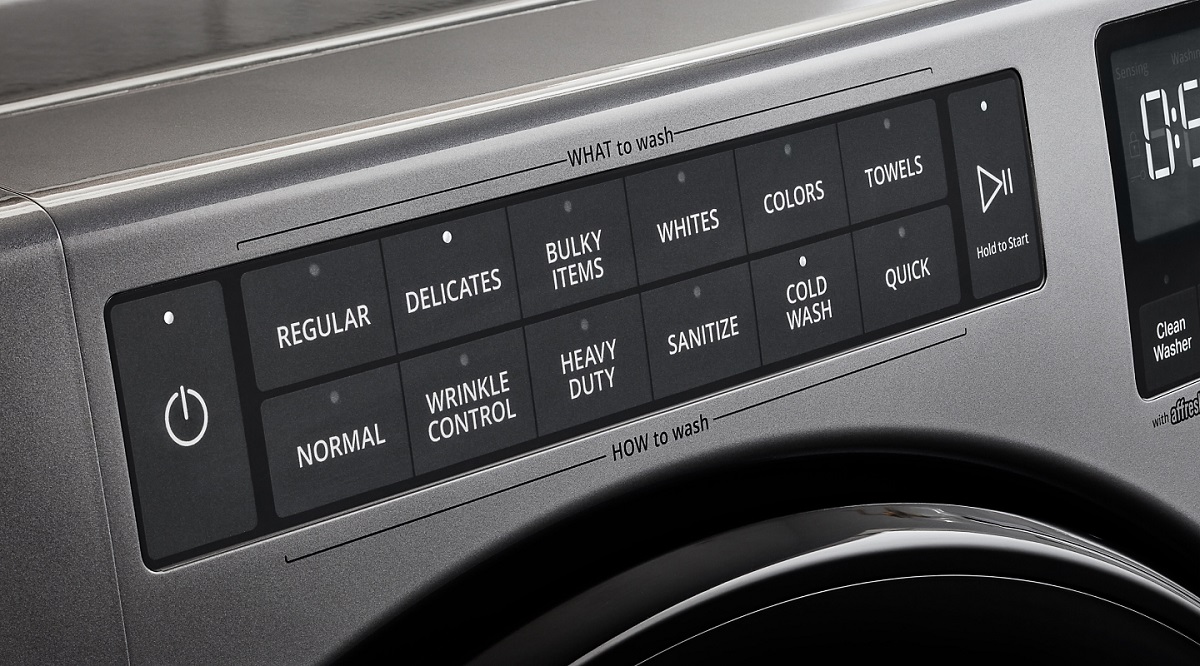
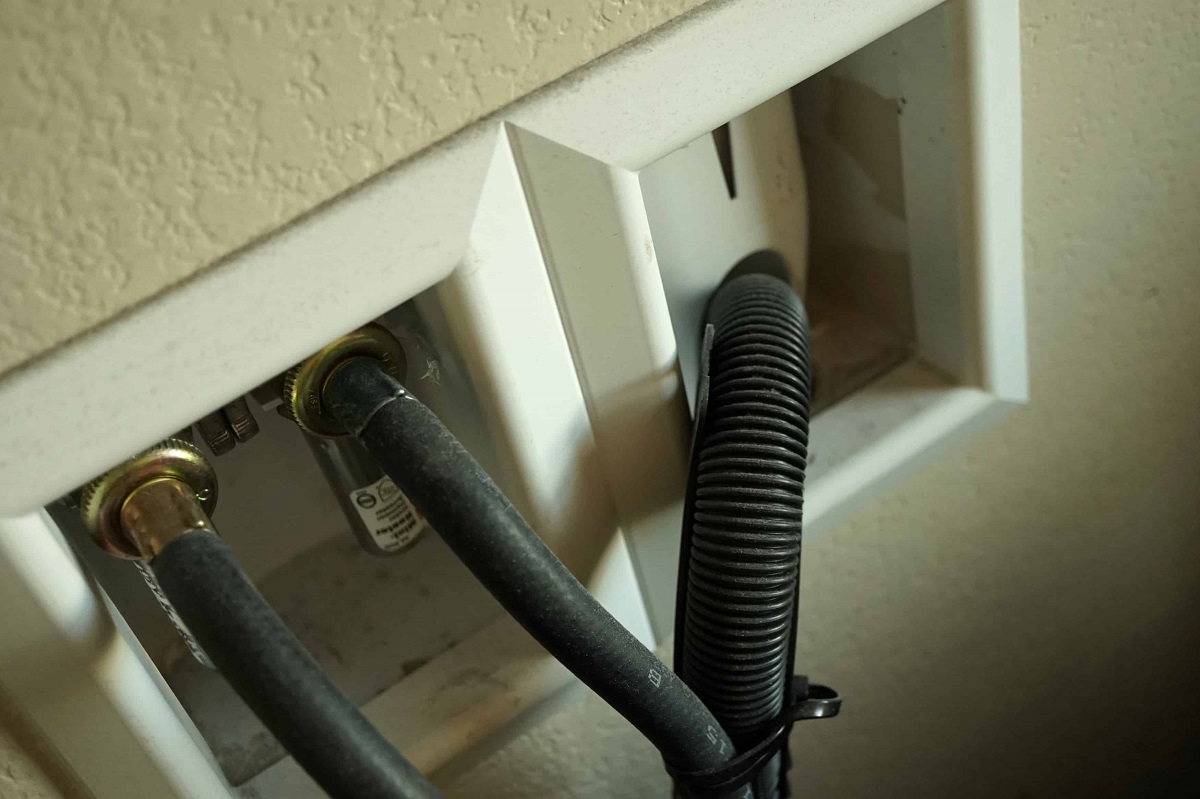
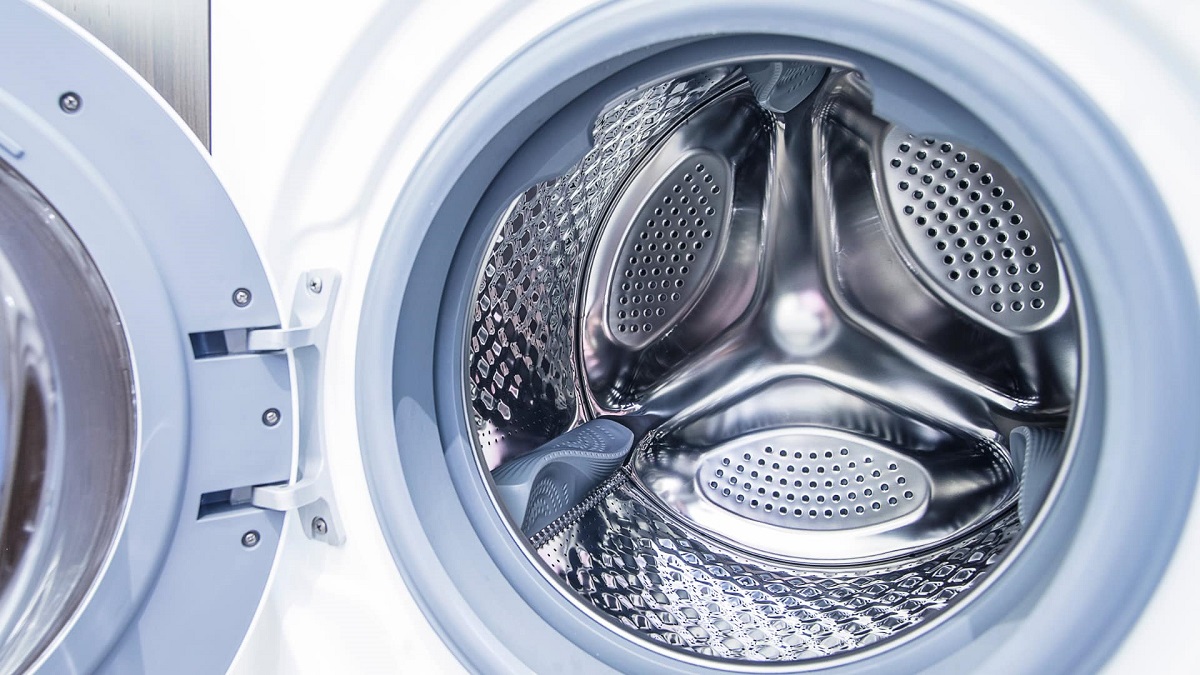
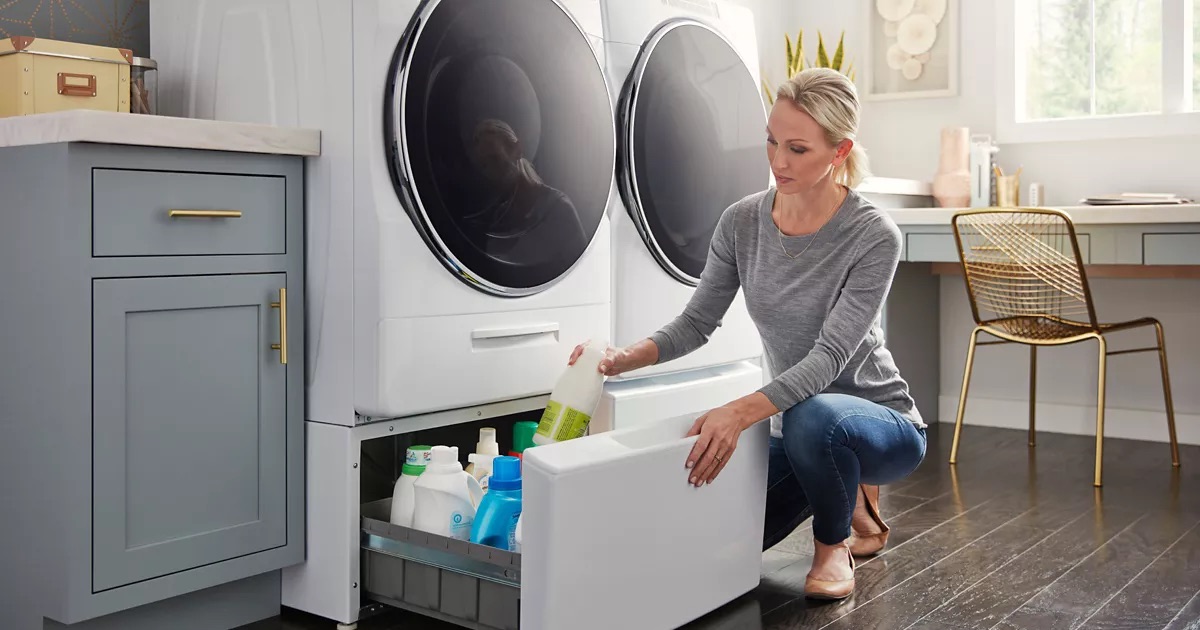
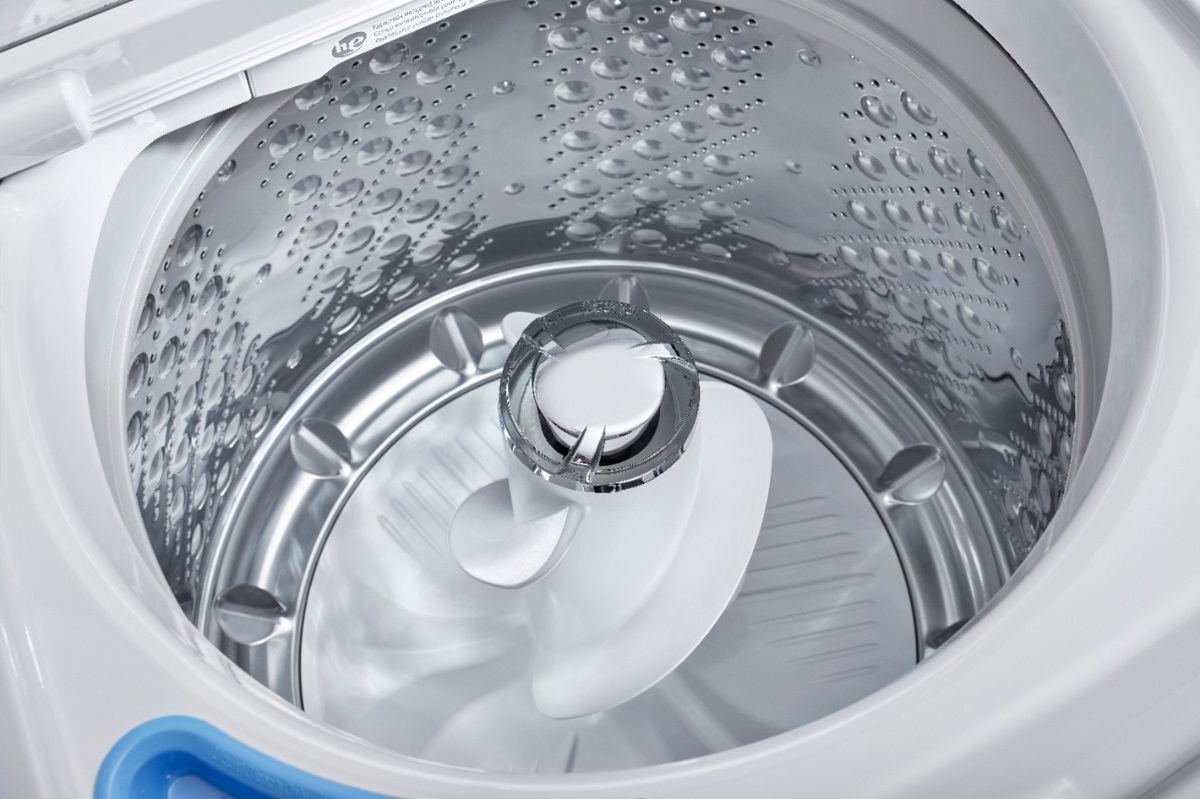

0 thoughts on “What To Look For In A Washing Machine”